To the attentive observer it is clear that psychedelics have a close relationship with the development of consciousness and spirituality in humankind and represent one aspect of our symbiosis with the plant kingdom. We owe our existence on Earth to a balanced biosphere, and psychedelics connect us directly to the wisdom of plants. Used intelligently and with respect, they allow us to better understand the workings of the psyche and to envision the healing of the ills that plague humanity. They are not the solution, but rather a solution.
There prevails in our culture a fundamental misunderstanding of psychedelics that does not do justice to their educational potential and their beneficial qualities. It has been shown that the majority of psychedelics pose virtually no risk of dependence or physiological toxicity, unlike drugs such as cigarettes, alcohol, cocaine and heroin. Though this does not imply that they are danger-free, the greatest danger remains the ignorance created by the outrageous negative propaganda disseminated by the manipulative plutocratic machine, which strives to blur the difference between psychedelics and hard drugs. These are two distinct families of compounds that have nothing to do with one another.
Ignorance keeps humans in suffering and its antidote is Truth. This is precisely the subject of this book: the Truth. To rehabilitate psychedelics, I will reinstate them in a context that will allow a better assessment of the gifts they offer humanity. I will share my personal experiences and ideas. The food of the gods helped awaken me to my true nature – in hope she can do the same for you.
Welcome to the Family… of Psychedelics
The term psychedelic is a neologism derived from the Greek (psyche: soul, and delos: visible, manifest) which means “revealer of the soul,” or “that which manifests the psyche.” It is widely used in the United States to describe a family of psychotropic drugs, commonly called hallucinogens, including LSD, magic mushrooms, mescaline, ayahuasca and others. The term was coined in 1956 by the psychiatrist Humphry Osmond in an exchange of letters with Aldous Huxley. As they sought an appropriate name for the substances whose effects on knowledge of the psyche they were studying, Huxley, in response to a proposal from Osmond he misunderstood, had, from two ancient Greek words (the verb phaneroein, and the noun thymos) coined the term phanerothyme which translates to “that which makes the soul visible, manifest.” Personally, I prefer to use the word psychedelic because it better suits my purpose than psychedelism, which seems more vague, impersonal and devoid of the presence that characterizes them for me.
Psychedelics are powerful stimulants that intensify brain activity and the state of awareness. They all act essentially the same way pharmacologically, differing from each other in duration of effect or the speed with which they act.
The term entheogen – literally a substance that “generates the experience of God” – appeared in 1979 as an alternative to the term psychedelic, which was becoming tainted by its association with revolutionaries, deviant groups and by the pop culture of the sixties. The contemporary study of entheogenic plants is defined as ethnobotany or entheobotany.
Extract from The Psychedelic Master

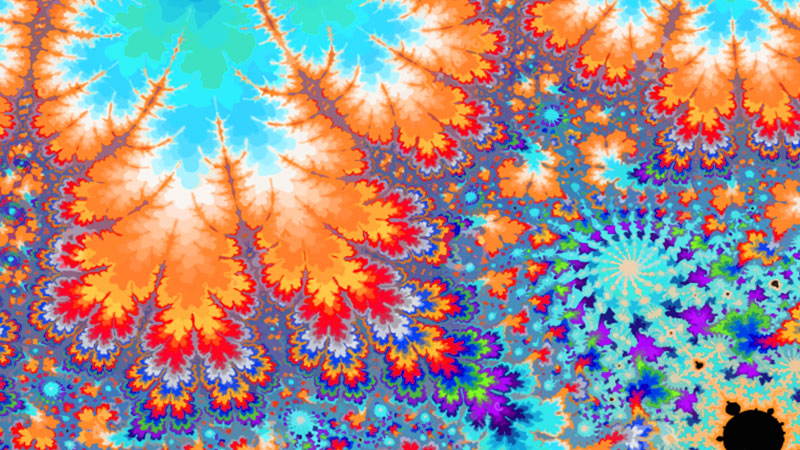
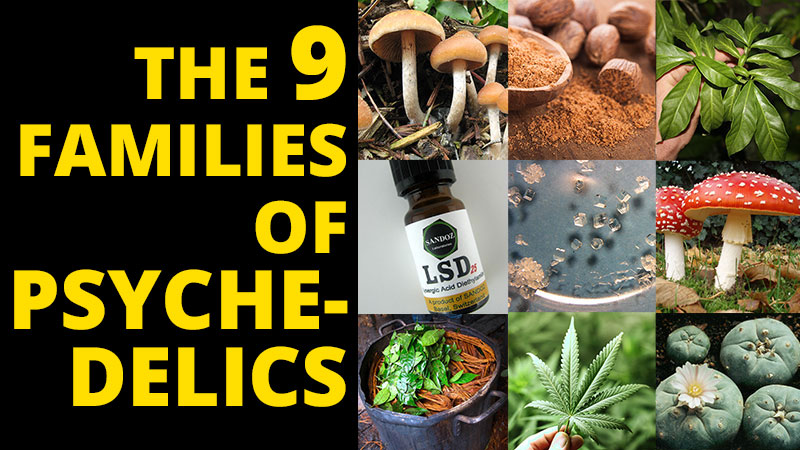

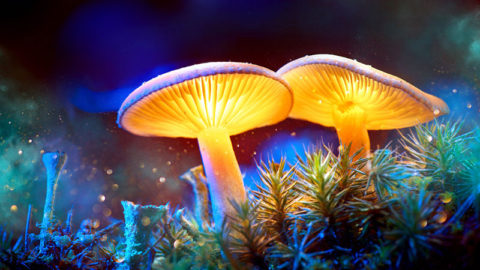
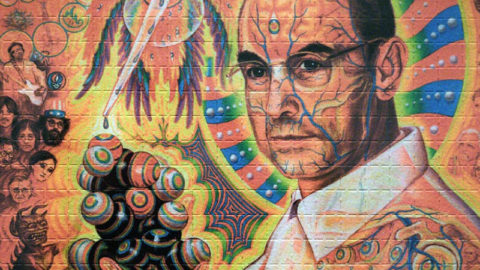
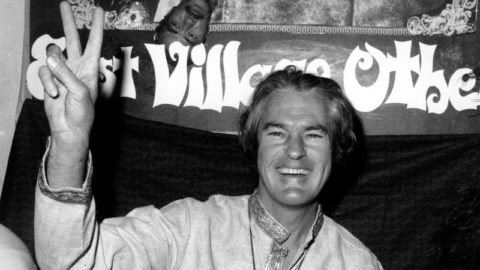
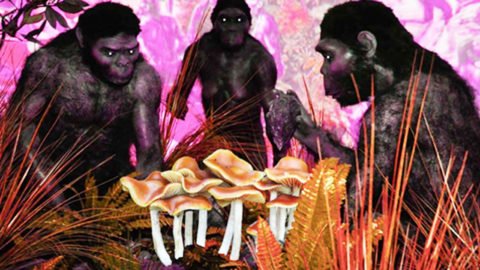
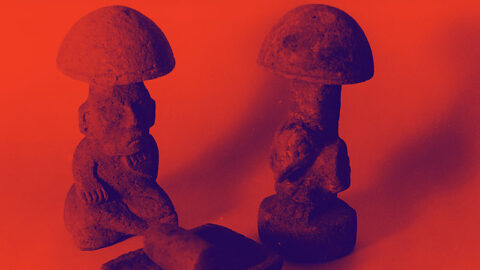
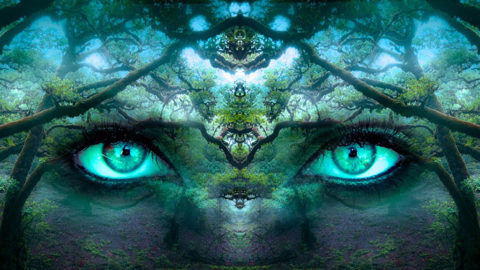





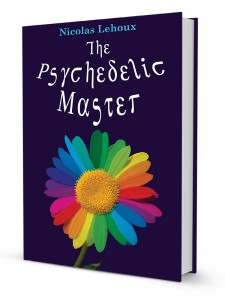
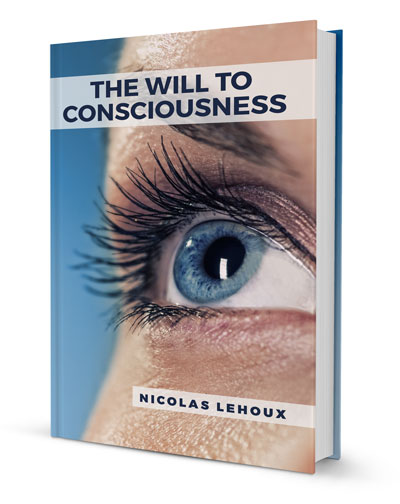
Comments are closed.
I’ve been trying to get hold of DMT for years but no joy , I’m a recovering heroin addict among other drugs , I have to take methidone and want to stop having to take that also , any advice or any contacts so I can get help from ✌️
Did you try Iboga (Ibogaïne)? It is very helpful to cure addiction.